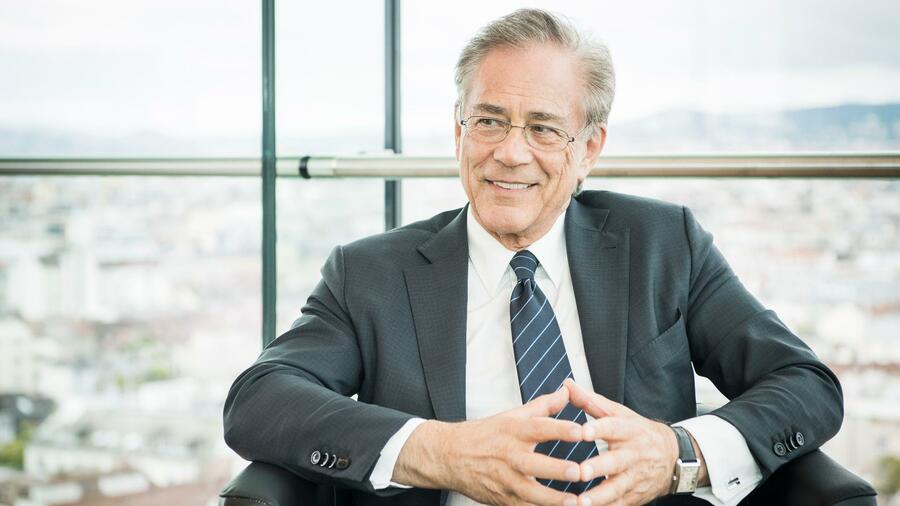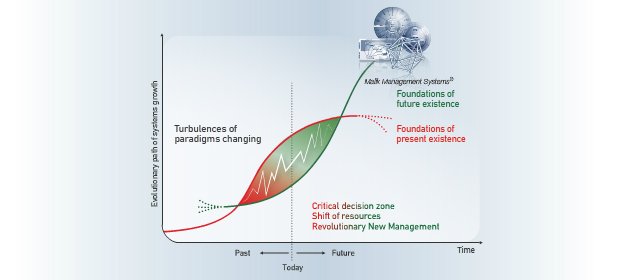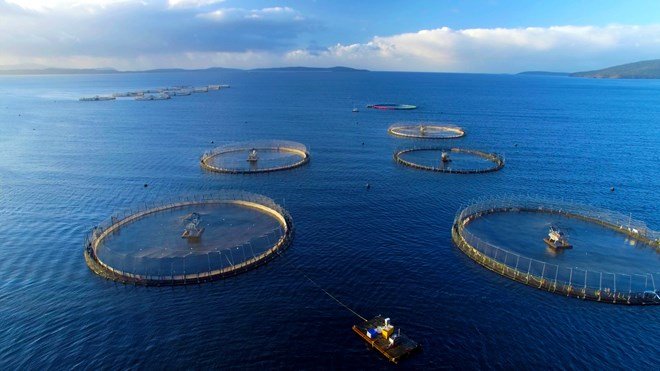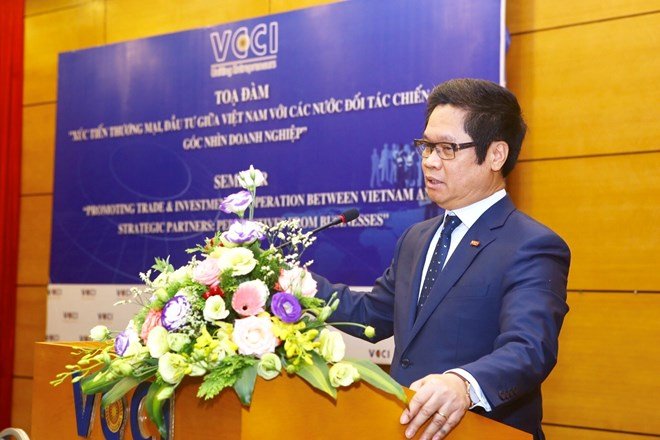Business management in the Corona era: \”No manager can sleep peacefully\”
Management expert explains why many managers were unprepared for this crisis and what they can learn from air traffic controllers and pilot.

(Ảnh: picture alliance / Jeff Mangione)
Fredmund Malik, famous management expert, consultant, and bestseller author , publishers effective management in the world of big transitions ” knows very well what has been of interest to top managers in recent days, it is Questions L How do one again pluck teaching economy and business ? In an interview with Handelsblatt, professor of corporate governance at St. John\’s University. Gallen, also the Founder and President of the Malik Institute, Switzerland, said: “It is a challenge, a huge pressure, it has never been so great. With no more good night\’s sleep, everyone is busy day and night with the question of how to continue to maintain the economy and business ”.
Reporter (Reporter): Professor Fredmund Malik, in your opinion, what are the top managers of each country interested in today?
GS. Malik: They care about how to revive their own economy and business again. In Germany, for example, not only businesses but also governments, hospitals and schools, there are about four million organizations. If only one percent of those, or 40,000 organizations, are interconnected, reviving the economy is a huge challenge we have never faced before.
Reporter: What is the most difficult right now ?
GS. Malik: Complexity. This is not only related to business administration, but complexity is beyond the control of the sector. this. We are in the midst of a sweeping and potentially the largest transformation in history. One of the main influences is digitization. Because it leads to connecting things around the globe and becoming more and more complex. Thereby, the two great things of humanity – space and time – become meaningless. People don\’t have to go to China to work. It was done directly on the spot, and the response was just as quick as the blink of an eye.

Reporter: But this is not a new phenomenon. We\’ve been talking about digitization since the 1970s, Professor?
GS. Malik: But not at the level and frequency today. We must fully realize that the Corona Crisis is part of this transformation and change.
Reporter: Could you please explain this more clearly ?
GS. Malik: This can best be illustrated by the “S” curve model, which consists of two overlapping curves: one red and one green. These colors have nothing to do with politics. I take the S curve because nothing develops linearly in nature, not even the economy. The red S-curve represents the old system. One could prolong its lifespan a bit, but it would eventually decrease. Meanwhile, the new system is represented by a green S-curve. We are in the process of transition, many processes are still inappropriate. And the emergence of the Covid-19 virus is now forcing us to do this.

Interviewer: We\’ve been talking about complexity for a long time as well ph yes ?
GS. Malik: Yes, but not as much as it is now. However, up to now, only a few top managers are interested in this. Many people want to reduce complexity and make things easier. This is the wrong response. Complexity is an important raw material in a transitional and unpredictable world. Complexity is the source of intelligence, creativity, adaptability, and flexibility.
Whoever deals with complexity correctly can respond well to surprises because he has more options, more opportunities to grow. And in many cases, it is not possible to simply minimize complexity.
Reporter: For example v oh n e </ What is this ?
GS. Malik: One could try to tailor a complex intersection with a very expensive, feature-rich traffic light solution. But one can also do it with a roundabout – sleek, efficient, and economical, with crash rates down to 60 percent.
Reporter: Hence, professor thinks that top managers are not well prepared for increasing complexity. This increase?
GS. Malik: About half of them are struggling with it. Many people confuse complexity with difficulty. Of course there is a lot of leverage to simplify, to minimize complexity.
Reporter: How to best deal with increasing complexity already ng?
GS. Malik: I take an example like this. When I play a classic Beethoven symphony, I can play it two ways. Method 1: Will play in the following order: first the first violin will play, then the second and third violins, then the cello, the flute and finally the instruments in the instrument. . Every note was played, every silence echoed until the end of the piece, but it was not a symphony. But if we let all 160 artists play together, it\’s a symphony. Artists need to play concurrently instead of sequentially. And what is essential for that is an orchestral conductor.
Reporter: How do you keep a business running in such a crisis?
GS. Malik: This is an issue where cybernetics , the science of communication and self-regulation will come into play. The corporate administrator must let all employees know what state the business is in as a whole, so that they can act accordingly to that state, in accordance with their duties and responsibilities. of themselves.
Feedback, the most famous term in cybernetics, plays a very important role here. We must always signal what we are receiving. During a conversation, if you don\’t often repeat saying “yes” or “nod yes” or “seem suspicious” then I won\’t know how the conversation is going.
Reporter: What does that mean ?
GS. Malik: In air transport, when the air traffic controller at the tower gives instructions to the captain in the cockpit to increase the cruise altitude from 3000 to 4000 meters: What does the pilot do next?
Reporter: Increase travel height by 4000 meters?
GS. Malik: That\’s what most managers answer when I ask them. But, No, first, the pilot had to make sure he got it correctly. He confirmed the message by repeating: “New cruise altitude 4000 meters, finished”. Then what does air traffic control do? They confirmed the pilot\’s response. After the pilot increased his cruise altitude to 4000 meters, he continued to report to air traffic control. And air traffic control in the tower confirmed that he was aware of the matter. In this way, they complete a feedback loop.
Reporter: And you understand that according to cybernetics?
GS. Malik: This is one of the many core elements of the operation of cybernetics. Without feedback there is no operation. This feedback system is implemented at all airports of each country. In all weather conditions, all the time, this system works so well that there are no accidents with 150,000 to 200,000 flights a day under normal conditions.
Today, more and more factories, driver assistance systems and operating stations in clinics operate well through digitization. However, in management, this feedback system only works in about a third of businesses
Interviewer: Why does that only operate for a small portion of business management?
GS. Malik: Partly because the content is not taught systematically. Management training is still closely linked in teaching business administration. In the case that we still work and meet each other everyday, everything still works normally. The responses are sometimes automatically understood by recognizing facial expressions.
But nowadays, the communication activities in long distance all over the world and especially in the current crisis, the feedback in communication activities is more and more important.
Interviewer: What is the most positive thing you have heard from a manager in the past few days?
GS. Malik: It\’s the will and belief expressed with great thought: we can do it! We don\’t know how yet, but we already have the courage to claim it and we can do great things.
Reporter: Professor Malik, thank you for the interview.
Source: handelsblatt.com – Sleader compiled



